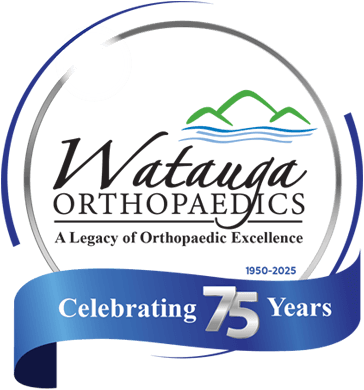Introduction
Anatomy
Causes
Gout is a type of arthritis that is caused by an excess of uric acid in the body. The surplus of uric acid causes needle-shaped urate crystals to form in the joints or surrounding tissues. The urate crystals cause pain and inflammation.
Symptoms
Diagnosis
Treatment
Prevention
You may help prevent gout by avoiding alcohol.
Avoid eating foods that are high in purines and limit the amount of protein from meat that you eat to about 5 or 6 ounces per day.
Am I at Risk
Risk factors for gout include:
• Consuming alcohol
• High blood pressure
• High cholesterol and high triglycerides
• Diabetes
• Arteriosclerosis- Narrowing of the arteries
• Low-dose aspirin
• Certain diuretic medications (thiazide diuretics) and anti-rejection medications for organ transplant recipients
Complications
In addition to causing gout, a build-up of uric acid can cause kidney stones. Untreated gout can lead to advanced gout, which is associated with nodules of urate crystals that form under the skin (tophi). For some people, gout is a recurring condition that happens several times a year.

Copyright © - iHealthSpot Interactive - www.iHealthSpot.com
This information is intended for educational and informational purposes only. It should not be used in place of an individual consultation or examination or replace the advice of your health care professional and should not be relied upon to determine diagnosis or course of treatment.
The iHealthSpot patient education library was written collaboratively by the iHealthSpot editorial team which includes Senior Medical Authors Dr. Mary Car-Blanchard, OTD/OTR/L and Valerie K. Clark, and the following editorial advisors: Steve Meadows, MD, Ernie F. Soto, DDS, Ronald J. Glatzer, MD, Jonathan Rosenberg, MD, Christopher M. Nolte, MD, David Applebaum, MD, Jonathan M. Tarrash, MD, and Paula Soto, RN/BSN. This content complies with the HONcode standard for trustworthy health information. The library commenced development on September 1, 2005 with the latest update/addition on February 16, 2022. For information on iHealthSpot’s other services including medical website design, visit www.iHealthSpot.com.




